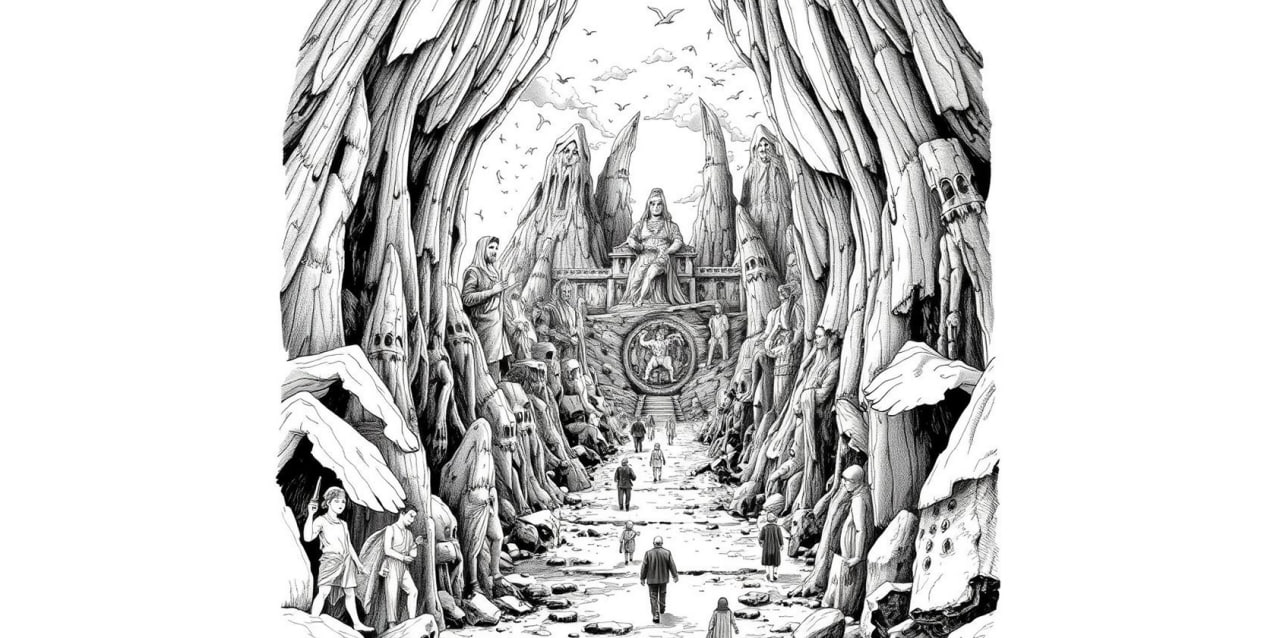The world is treading a perilous path—one marked by stark inequalities, muted global accountability, and a succession of power struggles that all too often leave the vulnerable in the dust. At the heart of these dynamics is a disturbing truth: the rich and powerful increasingly act with impunity, shaping rules to their advantage while the poor bear the brunt of policies and conflicts from which they have no say. Institutions once seen as beacons of global governance, such as the United Nations, struggle to assert relevance or enforce meaningful change. Meanwhile, a dangerous complacency has settled into international responses to crises—exemplified most glaringly by the world’s near-silence on Israel’s tightening grip on Gaza despite widespread condemnation in diplomatic statements. Simultaneously, many African leaders wrestle with legacies of Western influence as they navigate fragile power balances amidst rising nationalism and internal challenges.
This mounting global imbalance demands urgent reflection and action. It exposes how entrenched inequalities enable the powerful to ignore facts inconvenient to them, consolidating control at the expense of justice, dignity, and human rights.
Israel’s plan to fully control Gaza provides a sobering illustration. For decades, the Gaza Strip has been a focal point of suffering fueled by blockade, military operations, and humanitarian crises. Israel’s recent decisions to exert complete control provoke sharp international concern—and yet, the world largely limits itself to measured statements condemning what many see as disproportionate actions. This restrained reaction contrasts sharply with the magnitude of Gaza’s humanitarian toll, reflecting the persistent double standards shaped by geopolitics. Countries fearful of diplomatic fallout shy away from decisive measures, tacitly enabling continued suffering and obstruction of Palestinian self-determination.
This fragmented global response highlights the shortcomings of international governance—particularly the United Nations. The UN, once envisioned as the cornerstone of collective security and human rights enforcement, appears increasingly sidelined. Political cleavages among powerful member states diminish its efficacy, reducing it to little more than a forum for rhetoric rather than resolution. Reports and mandates multiply, but action lags, and humanitarian crises worsen. The UN’s inability to catalyze meaningful intervention or reform undermines faith in multilateralism itself, fueling cynicism and fractured diplomacy.
Simultaneously, extreme disparities between rich and poor deepen globally. The economic and political elites craft systems that preserve their advantage—free from oversight or accountability—while marginalized populations face shrinking opportunities and heightened vulnerabilities. A growing number of voices warn that this bifurcation risks inflaming social unrest and eroding democratic norms. Yet, structural inertia and the profitable nature of inequality impede efforts to enforce systemic change.
African leaders, meanwhile, confront their own intricate challenges amid this global malaise. Many governments grapple with internal power struggles shaped by a complex mix of lingering Western influence, local dynamics, and emerging regional ambitions. Some leaders approach engagement with Western nations with skepticism, wary of neo-colonial overtones and conditional aid. Others find themselves entangled in reproducing cycles of power concentration that mirror those in more developed contexts. This complex landscape underscores that Africa’s political evolution is not isolated but intertwined with global trends of power, competition, and realpolitik.
The combined picture is clear: the world is at a crossroads where the facts on the ground—whether geopolitical, humanitarian, or economic—cannot be willfully ignored without grave consequences. The failure to hold the powerful accountable, to reinvigorate institutions like the UN, and to genuinely address inequalities nurtures a dangerous trajectory where injustice becomes normalized and crises perpetuated. For global stability and dignity, it is imperative that this pattern be challenged.
What can be done? First, international institutions must be reformed to assert authority impartially and decisively. The UN’s credibility depends on transcending parochial interests and enforcing universally agreed principles, rather than tolerating impunity. Secondly, accountability must extend beyond diplomacy to tangible consequences for violations—balancing pragmatic engagement with principled stands. Thirdly, inequalities must be addressed through structural reforms that empower marginalized people economically, politically, and socially, ensuring that wealth and power do not automatically translate into unchecked influence.
Africa’s path forward requires visionary leadership steeped in sovereignty and inclusivity, coupled with cooperation that respects local contexts while engaging constructively with global realities. Such leadership can dismantle exploitative dynamics and foster genuine partnerships that prioritize people over power.
In this fraught moment, ignoring uncomfortable facts about inequality, institutional impotence, and unchecked aggression only accelerates the descent into instability and suffering. The urgent task for governments, civil society, and citizens worldwide is to forge a new paradigm—one that centers justice, equality, and accountability at its core. Without this commitment, the dangerous path we are on promises far-reaching consequences for generations to come.



